Lifestyle
Alongside taking care of other people and the planet, make sure you take good care of yourself. The Lifestyle section at the Optimist Daily has solutions for everyday wellbeing on topics like food, beauty, fashion, and the latest trends. Curious about caring for houseplants, eating plant-based, or parenting tips? It’s all in there.
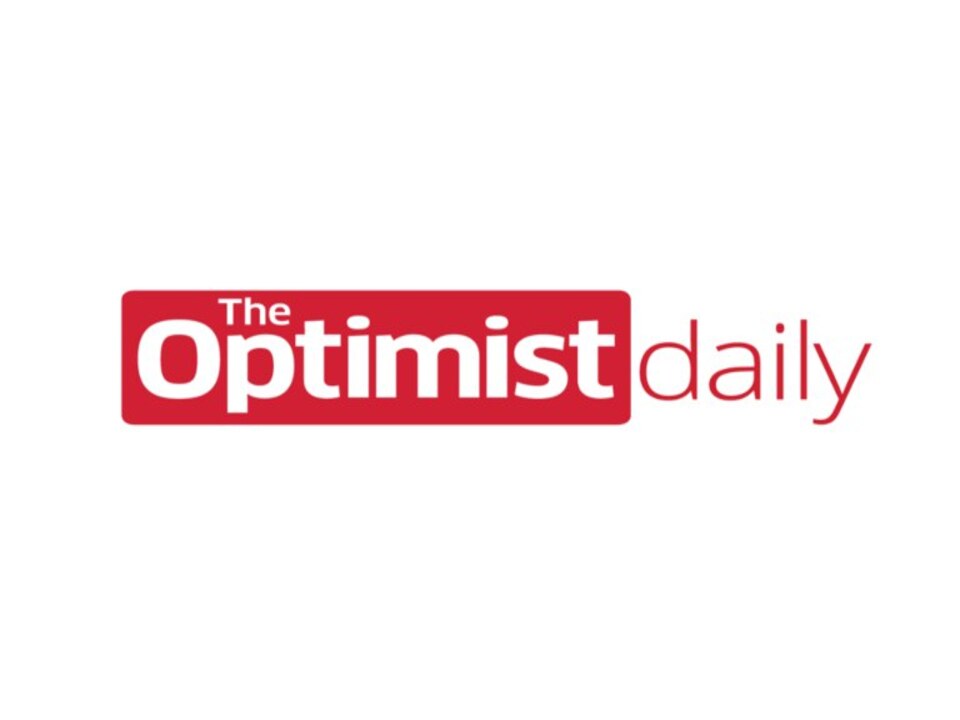
Survey: The 13 countries with best work-life balance for expats
Achieving a healthy work-life balance is a top priority for most people. And there are some countries that promote a better culture of that than others. A survey by InterNations, the world’s largest network for people who live and work abroad, rated 43 different aspects of life abroad on a scale Read More...
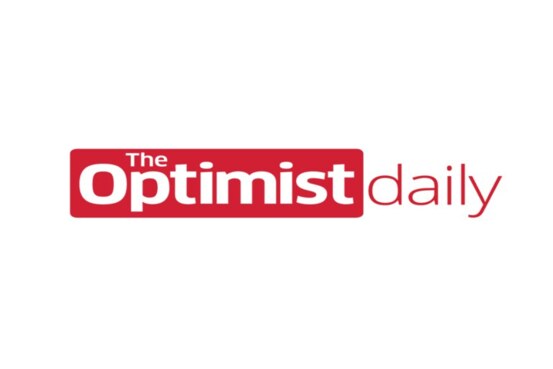
Trump policies unlikely to end sustainable-investing trend
The Trump era could hinder the performance of some mutual funds that focus on sustainable investing in the short term, but it won’t put the brakes on the booming trend of investing based on environmental, governance and social factors. Responsible or sustainable investing, or investing in Read More...
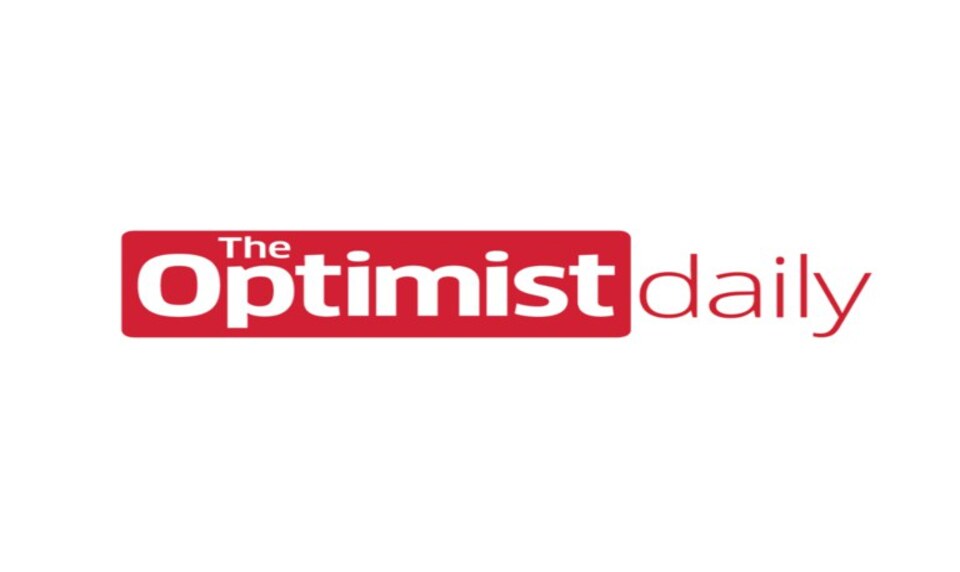
The blockchain's emerging role in sustainability
Picture, if you will, a tracking system that discreetly verifies the provenance of products as they move across a supply chain — sending proactive alerts about unexpected detours that could signal potential tampering or environmental conditions that might pose safety issues. Did we mention Read More...
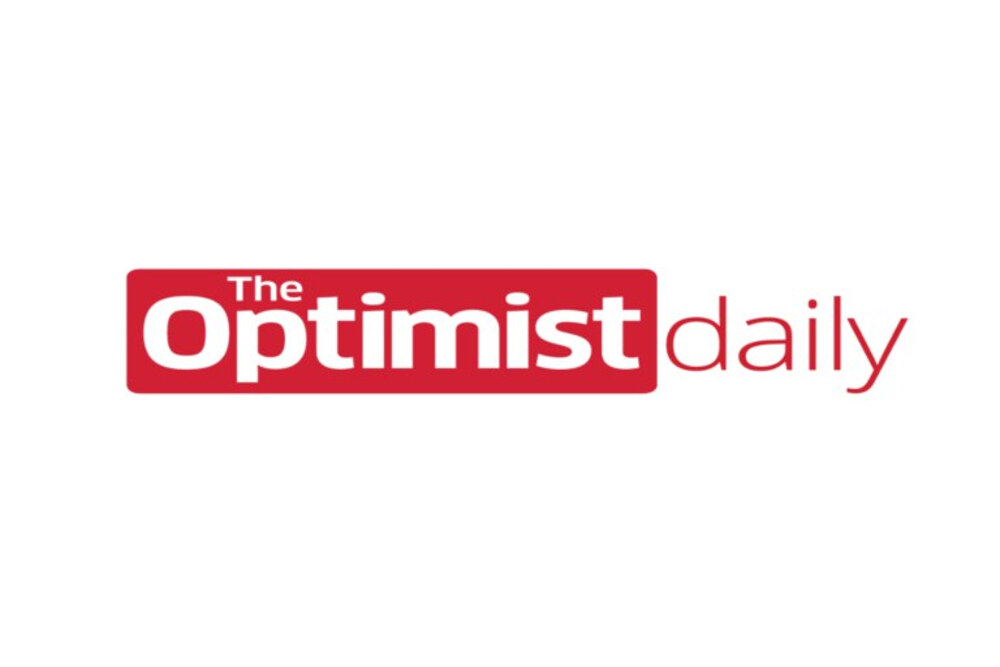
The future is mixed race because migration is essential to human success
Forget politics. We are a restless species, and our genomes reveal that even the most intimidating geographical barriers or political measures have managed only to somewhat restrict human movements. Today, international migration is increasing at one to two percent per year, with 244 Read More...

7 industries that will be disrupted by blockchain technology
Born in Satoshi Nakamoto’s mind, blockchain technology allows peer-to-peer networks to be created, without the use of a third-party centralized coordinators. Creating a decentralized digital ledger that records data over time, which cannot be deleted and is publicly available, can change the Read More...

Mindfulness meditation has become a staple among successful people
Meditation provides all sorts of benefits, so it's no wonder that it's become a favorite habit of tons of successful people. But if you're not familiar with it, the concept can be confusing. Mindfulness meditation, one branch of the practice, might actually be easier than you thought. We made this Read More...
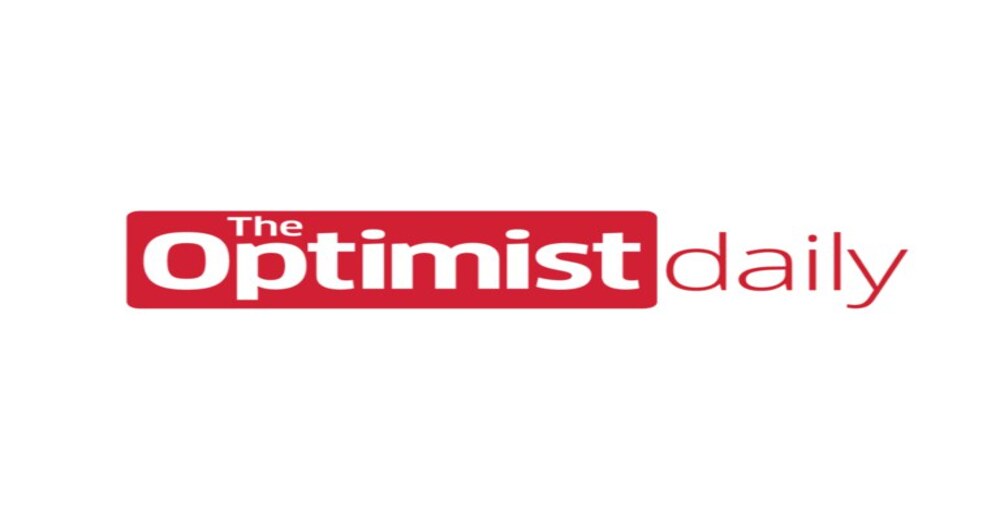
How to be mindful while making coffee
“Approach making your coffee the same way you approach meditating. Be completely here and now in the present moment, centering your attention exclusively on what you are doing and feeling. Being mindful of how you make your coffee shows you how to be mindful in every part of your life.” — Read More...
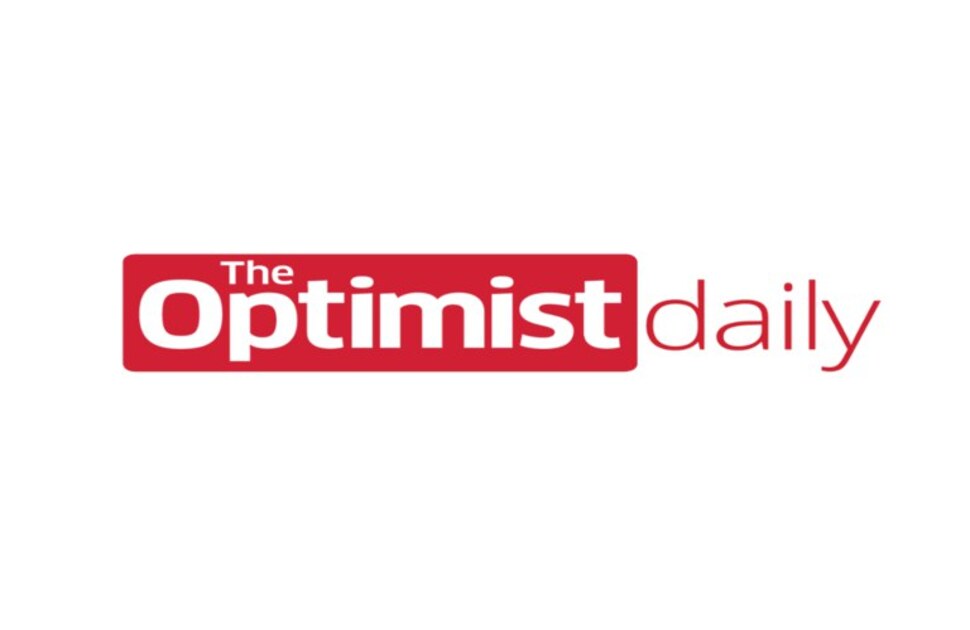
Bitcoin helped a home buyer make a $1.3 million profit off his home purchase
Sometimes, making a payment results in a big payday — for you. At least, if you’re making that payment with a volatile cryptocurrency that has a tendency to undergo rather large swings in worth. One bitcoin enthusiast managed to luck into not only a new house, but a $1.3 million profit Read More...
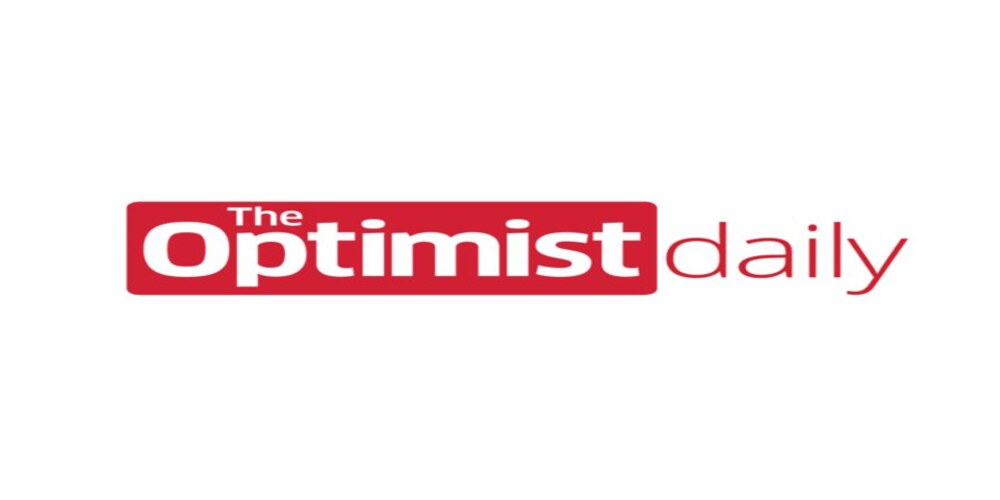
Crowdfunding and blockchain: A perfect match?
In the last few years, sites like Kickstarter and Indiegogo have revolutionized the world for startups. Ideas that didn't have mainstream business appeal were not only getting off the ground, but flourishing. Blockchain crowdfunding might just be the next step in startup evolution, helping Read More...

Finland’s “baby boxes” for new mothers are going global
All new mothers in Finland receive a “maternity package” for themselves and their newborn babies. The practice was introduced in 1938 when the infant mortality rate in the country was 65 deaths per 1,000 births. Today that figure stands at 1.3 deaths per 1,000 births—one of the lowest in the Read More...


